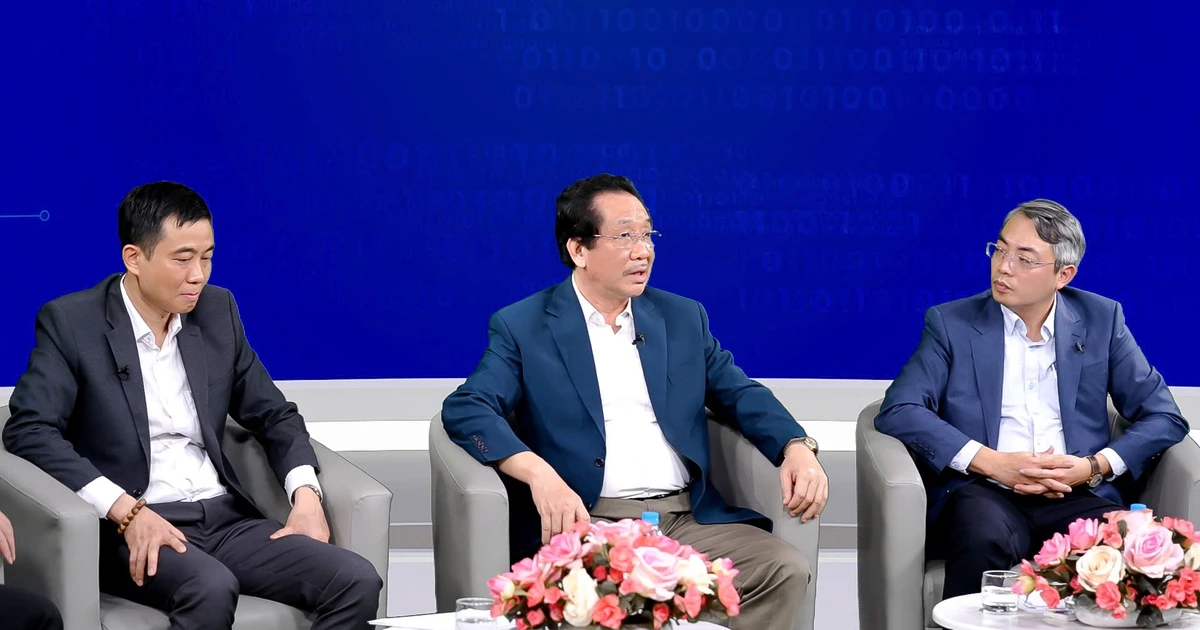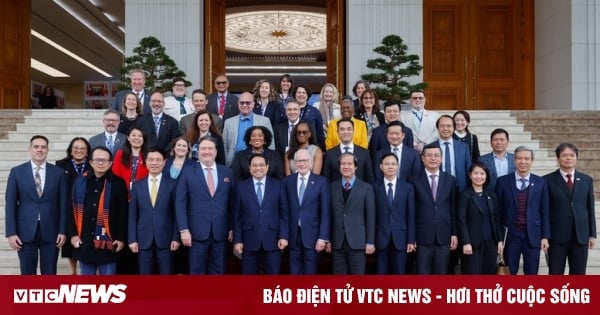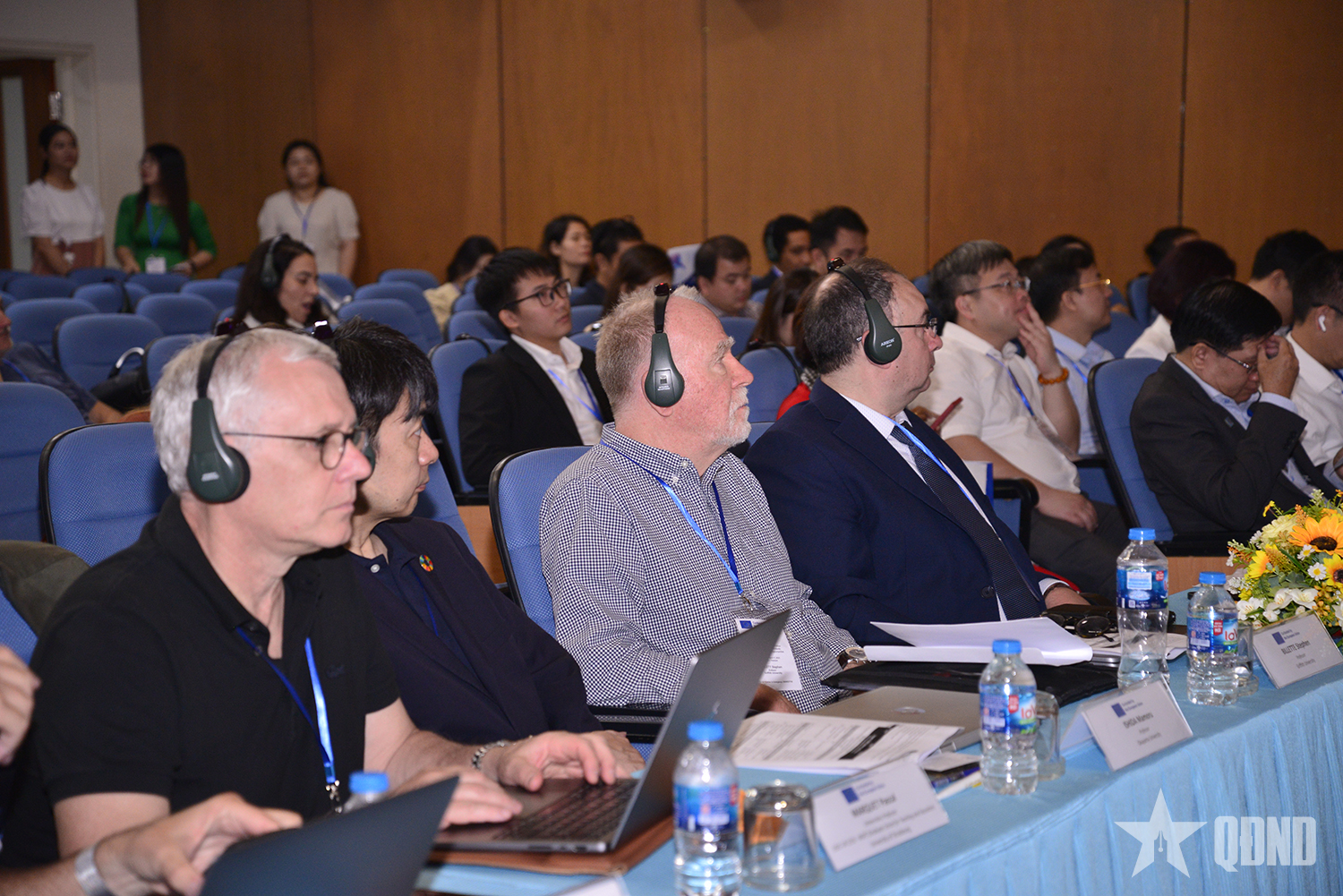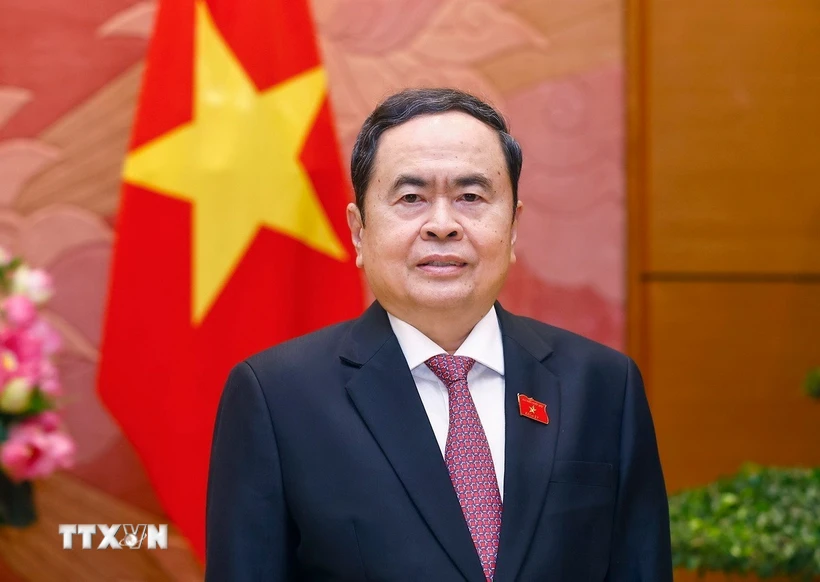With the rapid development of technology, satellite Internet is becoming a breakthrough option in global connectivity, especially in remote areas where fiber optic or 5G networks cannot reach. From SpaceX's project called Starlink to other satellite services, the world is witnessing a revolution in connecting digital networks globally. And Vietnam, a country with great potential for technological development, is not out of the game.
Starlink, a SpaceX project founded by billionaire Elon Musk, is not just a satellite Internet service but also a strong step forward in narrowing the digital gap between countries and regions around the world.
Built on a network of thousands of low-Earth orbit (LEO) satellites, Starlink has proven its ability to provide fast, reliable connectivity, especially in the most remote locations. The service is now available in more than 120 countries and serves millions of users, providing a high-speed Internet experience even without complex telecommunications infrastructure.
Recently, Vietnam has granted SpaceX a license to test the Starlink service. This decision marks a major turning point in the development of the national Internet infrastructure, opening up connectivity opportunities for millions of people in remote, isolated and island areas where traditional Internet deployments are difficult.
It is expected that within the 5-year pilot period, this service will provide satellite Internet to 600,000 subscribers in Vietnam, including telecommunications Internet service providers.
Despite its many advantages such as stable connectivity in difficult areas, no need for complex infrastructure, and high mobility, satellite Internet also faces some challenges. The initial investment cost is quite high, and the quality of service can be affected by bad weather conditions. However, for areas without the presence of fiber optic Internet or 4G/5G, this is a great opportunity for connectivity and development.
The appearance of Starlink in Vietnam not only opens up opportunities for Internet connection for areas without network but also creates fierce competition in the telecommunications market. Traditional carriers will have to quickly upgrade their infrastructure and develop 5G services to retain customers and meet the growing needs of users.
Source: https://vtcnews.vn/internet-ve-tinh-cua-elon-musk-co-gi-dac-biet-ar933923.html


![[Photo] 2nd Conference of the Party Executive Committee of Central Party Agencies](https://vstatic.vietnam.vn/vietnam/resource/IMAGE/2025/3/31/8f85b88962b34701ac511682b09b1e0d)

![[Photo] General Secretary To Lam receives US Ambassador to Vietnam Marc E. Knapper](https://vstatic.vietnam.vn/vietnam/resource/IMAGE/2025/3/31/5ee45ded5fd548a685618a0b67c42970)
![[Photo] Speeding up construction of Ring Road 3 and Bien Hoa-Vung Tau Expressway](https://vstatic.vietnam.vn/vietnam/resource/IMAGE/2025/3/31/f1431fbe7d604caba041f84a718ccef7)
![[Photo] Prime Minister Pham Minh Chinh receives delegation of leaders of US universities](https://vstatic.vietnam.vn/vietnam/resource/IMAGE/2025/3/31/8be7f6be90624512b385fd1690124eaa)



















































































![[REVIEW OCOP] An Lanh Huong Vet Yen Cat](https://vstatic.vietnam.vn/vietnam/resource/IMAGE/2025/3/27/c25032328e9a47be9991d5be7c0cad8c)

Comment (0)